Rabbit manure, a rich source of organic matter, is often underutilized in agriculture. However, with the proper processing techniques, it can be transformed into high-quality organic fertilizer. The rabbit manure organic fertilizer production line is a specialized system designed to efficiently convert rabbit manure into a nutrient-dense fertilizer that improves soil health, promotes crop growth, and reduces reliance on chemical fertilizers. In this article, we will explore the benefits, processes, and equipment involved in a rabbit manure organic fertilizer production line.
Rabbit manure is considered one of the best types of manure for organic farming due to its rich nutrient content. It is high in nitrogen, phosphorus, and potassium—all essential nutrients for plant growth. Additionally, rabbit manure has a lower odor compared to other animal manures, making it easier to handle. However, like all organic fertilizers, fresh rabbit manure contains high moisture content and can be difficult to apply directly to crops. By processing rabbit manure through a rabbit manure organic fertilizer production line, these challenges are overcome, and the manure is transformed into a stable, nutrient-rich fertilizer suitable for agricultural use.
The Rabbit Manure Organic Fertilizer Production Line Process
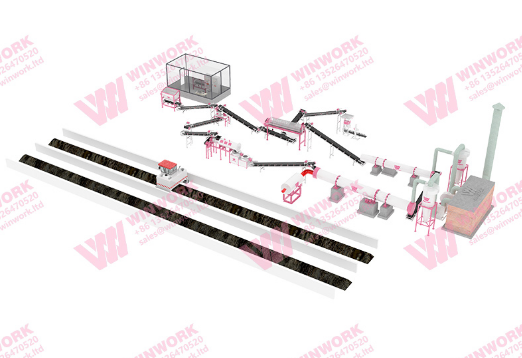
The production of rabbit manure organic fertilizer involves several stages that ensure the manure is converted into a product that is safe, nutrient-dense, and easy to use. The following are the key stages involved in a rabbit manure organic fertilizer production line:
1. Collection and Preprocessing
The first step in the rabbit manure organic fertilizer production line is the collection of rabbit manure from farms or rabbit breeding facilities. Fresh rabbit manure is often mixed with bedding material, such as straw or sawdust, to help balance the carbon-to-nitrogen ratio. This mixture is then stored for the fermentation process, which reduces the moisture content and ensures the proper decomposition of the organic matter.
2. Fermentation
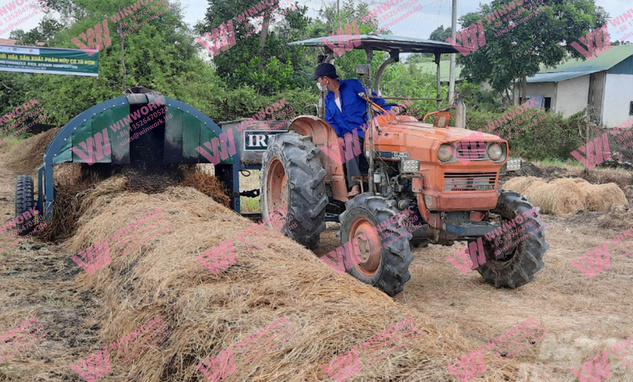
Fermentation is a crucial step in the rabbit manure organic fertilizer production line. During fermentation, microorganisms break down the organic matter in the rabbit manure, turning it into compost. This process helps reduce the moisture content and eliminates harmful pathogens, making the manure safe for agricultural use. The fermentation process also helps stabilize the nutrients, ensuring that the fertilizer delivers long-lasting benefits to the soil.
The fermentation process typically occurs in a controlled environment, such as a fermentation pit or tank, where temperature, humidity, and airflow are carefully managed to encourage microbial activity. This process can take anywhere from several days to a few weeks, depending on the conditions and the scale of production.
3. Crushing and Grinding
After fermentation, the next step in the rabbit manure organic fertilizer production line is crushing and grinding. The composted rabbit manure is processed into smaller particles to improve its uniformity and make it easier to handle. Crushing and grinding increase the surface area of the compost, which improves the efficiency of the subsequent granulation and drying stages.
4. Granulation
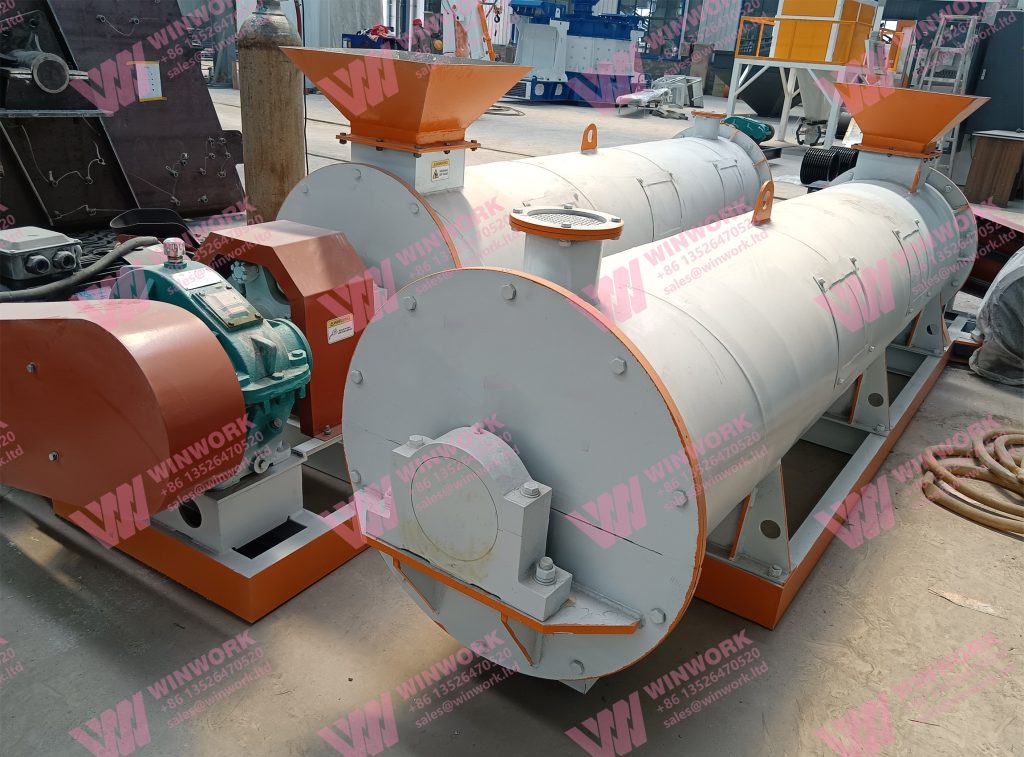
The granulation process is an essential stage in the rabbit manure organic fertilizer production line. In this step, the crushed and ground composted manure is mixed with other organic materials, such as trace minerals and additional nutrients, to ensure a balanced and effective fertilizer. This mixture is then processed through a granulator, which forms it into small, uniform granules. Granulation ensures that the fertilizer is easy to handle, apply, and store, and helps to evenly distribute nutrients to plants.
5. Drying
After granulation, the fertilizer granules are dried to reduce their moisture content. This step is critical because it helps preserve the quality and stability of the rabbit manure organic fertilizer. The drying process prevents the granules from clumping together and ensures that the fertilizer remains stable during storage and transportation. A rotary dryer or other specialized drying equipment is typically used to remove excess moisture.
6. Cooling
Once the granules are dried, they are cooled to room temperature. Cooling is important because it helps solidify the granules and prevents them from becoming soft or sticky. This step also makes it easier to handle and package the fertilizer.
7. Screening and Packaging
The final step in the rabbit manure organic fertilizer production line is screening and packaging. The granules are passed through a screening machine to ensure they are of uniform size. Any oversized or undersized particles are removed, and the remaining granules are packaged for distribution. Automated packing machines ensure that the final product is efficiently and consistently packaged into bags or other containers for sale.
Key Equipment in a Rabbit Manure Organic Fertilizer Production Line
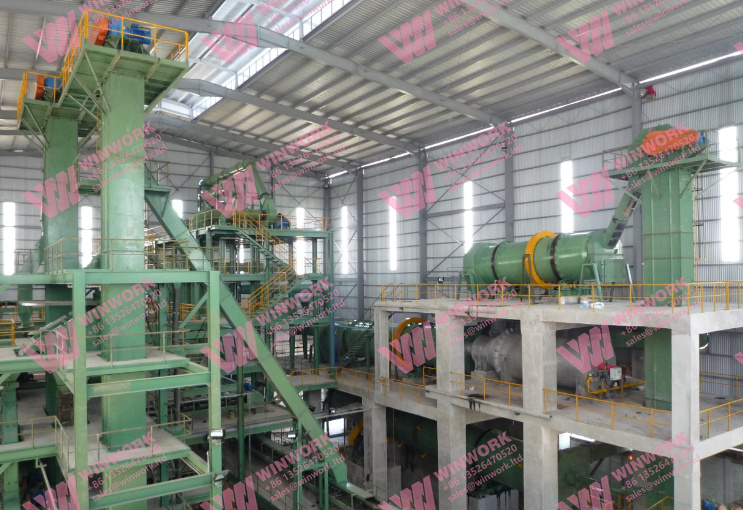
A complete rabbit manure organic fertilizer production line includes several pieces of equipment that work together to ensure the efficient and effective production of organic fertilizer:
- Manure Mixer: Used to mix fresh rabbit manure with bedding material and other organic substances before fermentation.
- Fermentation Tank: A controlled environment for the fermentation process where microorganisms break down the manure.
- Compost Crusher: Used to break down composted manure into smaller, more manageable particles.
- Granulator: A machine that forms the composted manure mixture into uniform granules.
- Dryer: Removes moisture from the granules to preserve their quality and stability.
- Cooler: Cools the granules to ensure they retain their shape and stability.
- Screening Machine: Ensures that only properly sized granules are packaged for sale.
- Automatic Packing Machine: Used to efficiently package the finished fertilizer for distribution.
Benefits of a Rabbit Manure Organic Fertilizer Production Line
The rabbit manure organic fertilizer production line offers several advantages for farmers and the environment:
- Waste Reduction
By processing rabbit manure into fertilizer, farmers can reduce waste and improve waste management practices. The rabbit manure organic fertilizer production line helps convert what would be waste into a valuable agricultural resource. - Improved Soil Health
Rabbit manure is rich in essential nutrients like nitrogen, phosphorus, and potassium, which are crucial for plant growth. The rabbit manure organic fertilizer produced by this system helps improve soil fertility, restore soil structure, and enhance microbial activity in the soil. - Eco-Friendly
The rabbit manure organic fertilizer production line is an environmentally friendly solution that reduces the need for synthetic fertilizers. Organic fertilizers are biodegradable and have a lower environmental impact, making them a sustainable choice for agriculture. - Cost-Effective
Rabbit manure is an affordable and locally available raw material, making the production of organic fertilizer cost-effective. By utilizing rabbit manure, farmers can reduce their dependence on expensive chemical fertilizers and improve their profitability. - Long-Term Benefits
Organic fertilizers like rabbit manure organic fertilizer provide long-lasting benefits to the soil. They improve soil health over time, leading to better yields and reduced soil erosion, benefiting both farmers and the environment.
Conclusion
The rabbit manure organic fertilizer production line provides a sustainable solution for converting waste into valuable organic fertilizer. By transforming rabbit manure into high-quality fertilizer, farmers can improve soil fertility, reduce waste, and contribute to environmentally friendly farming practices. With the right equipment and processes, the rabbit manure organic fertilizer production line offers a cost-effective and eco-friendly way to enhance agricultural productivity.


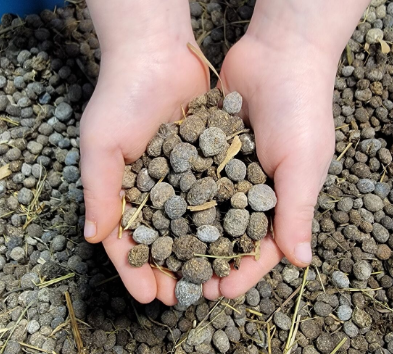
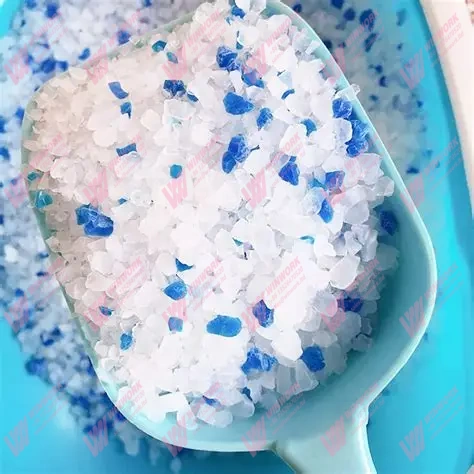
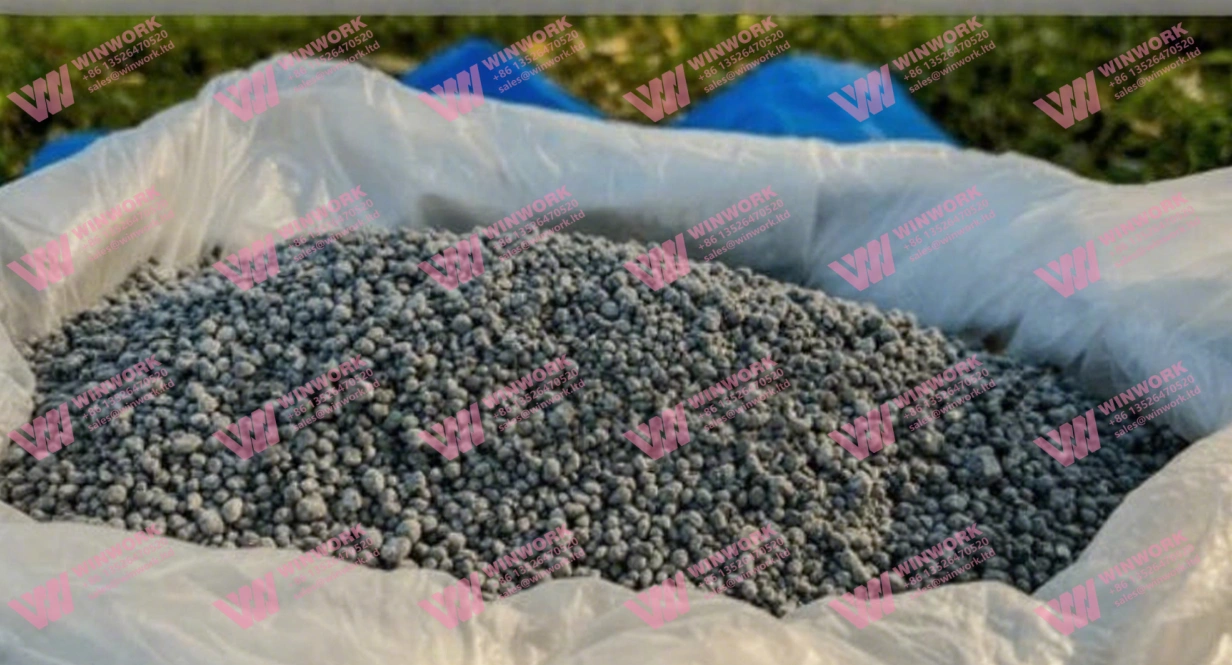
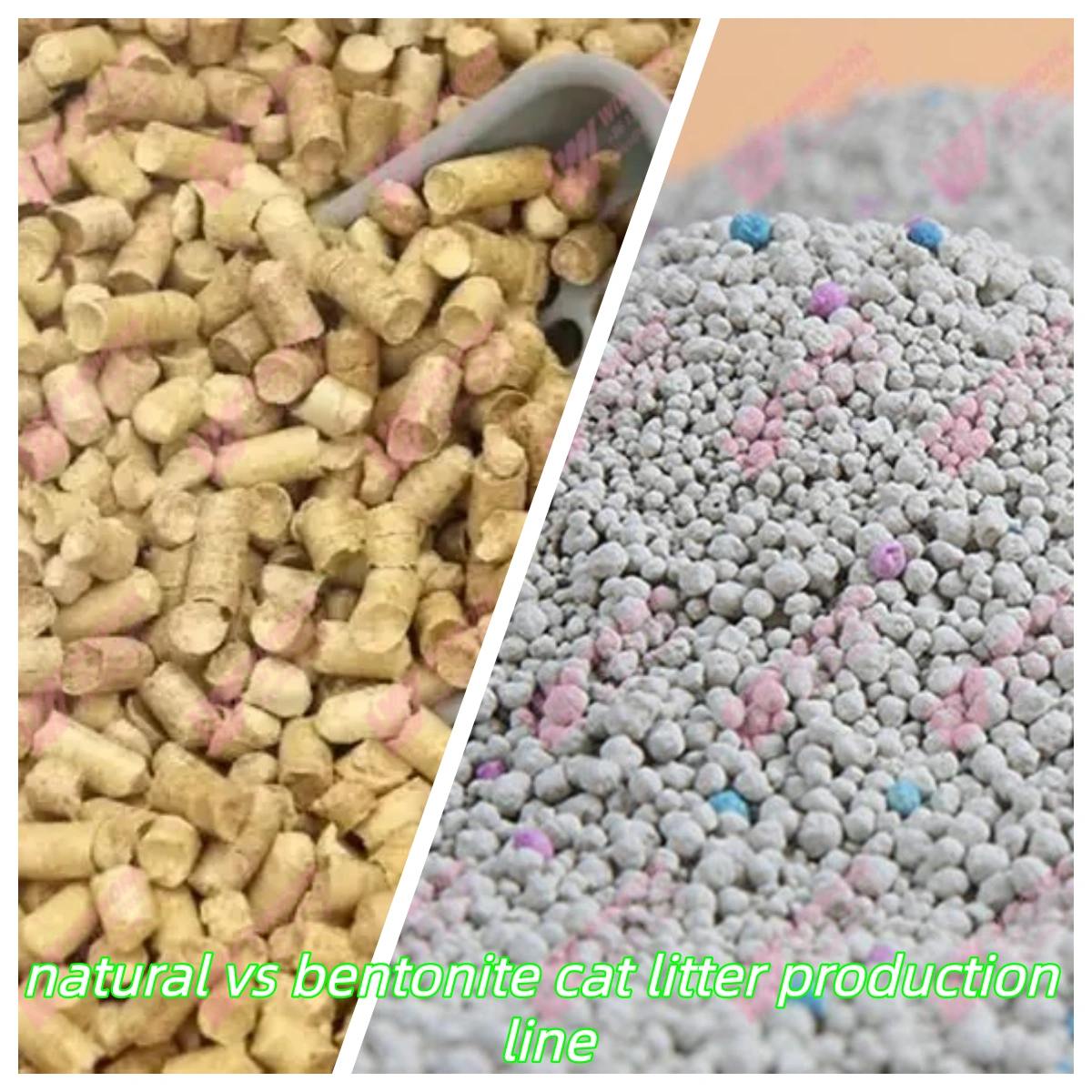
Get A Quote